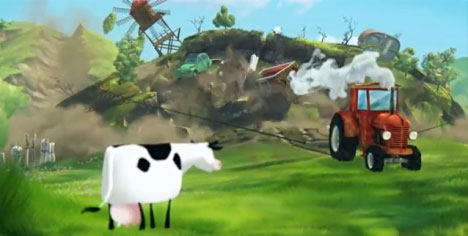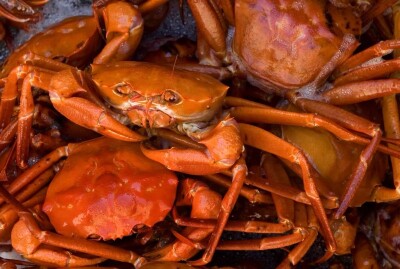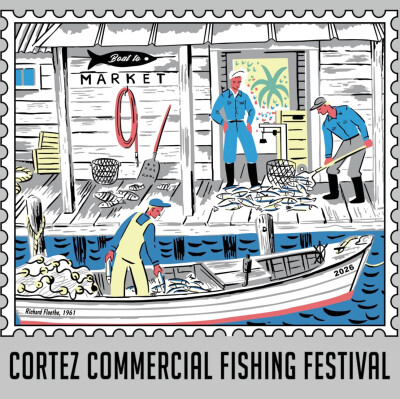Last week I saw a few Vimeo links to the World Wildlife Fund Canada's now controversial "We Don't Farm Like This" video.
The cartoon short opens with a bucolic scene of grazing pasture animals against a wide-open blue sky, set to the song "Happy Go Lucky Me" by Paul Evans. Then comes the far-off rumbling that looms ever closer and is soon revealed to be the devastating destruction of a trawl net, churning up the ground from deep below the soil, upending everything that was so recently so peaceful and serene.
The end of the video recommends that horrified viewers stick with Marine Stewardship Council approved fish to assuage their guilt over the destruction of that beautiful place. (The video has since been removed, and the MSC released this statement to distance themselves from the message.)
It's pretty typical fodder for those who like to bash the commercial fishing industry. You know, the people who provide the world with fresh fish for their supper tables?
But the fact that this sciolism would come from WWF, which has used very positive outreach and helped the fishing industry make great strides by sponsoring the global SmartGear contest, was disheartening to say the least.
I have to admit, I laughed (and groaned) when I saw it. It's preposterous and yet overly simplistic. First of all, farming is pretty far from the "natural" way to procure food. But we don't need to ditch all the advances of the recent millennia to feel good about the way we eat.
Not all trawlers use destructive gear. In fact, the World Wildlife Fund bestowed their very own SmartGear award on a group of researchers and fishermen who created the Ruhle (Eliminator) Trawl for the Northeast multispecies groundfish fleet. That fishery is not MSC approved, and yet it's apparently good enough for the WWF SmartGear award. But wait, don't buy their fish because it doesn't have a blue label? (Side note: MSC does certify trawl fisheries.)
Talk about confusing. And that's all propaganda like this serves to do: confuse the public about global and local fishing practices to sell an agenda. Scared? Confused? Just look for the blue label and don't worry about educating yourself!
Most American fishermen work on small boats. How would the good folks who run the stands at your local farmer's market like to be compared with massive, loosely regulated Chinese factory farms? I'm willing to bet their regulations and practices are vastly different.
I want to see the video where a wild pig wanders into a lobster trap and ends up on your plate later that day. That's how we fish. Or how about the moose that bites a line and gets hauled aboard a tractor after an hourlong fight to bring the beast to the deck? That's how we fish. Or maybe a net suspended from two planes that brings in a flock of geese, one for your Christmas table. That's how we fish.
In this country, it's wild and it's sustainable, unlike any animal from any farm you will find anywhere on earth.







